Tag: airs
-
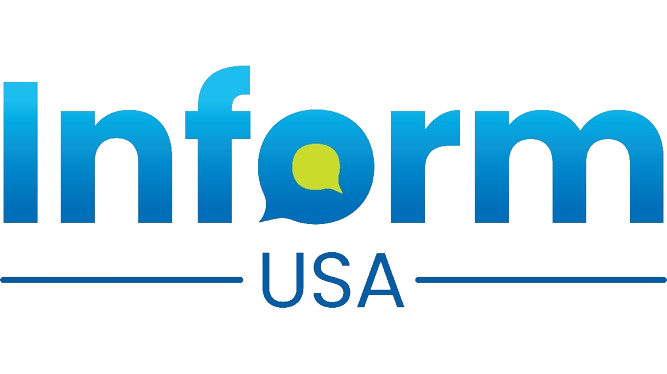
Teaming up with Inform USA: an announcement from Open Referral leadership
I’m excited to share the news that, as of January 1st, I’ve stepped into the role of Senior Director of Strategy and Partnerships for Inform USA. Inform USA is the industry association representing information-and-referral providers across government and nonprofit human service sectors. Formerly known as AIRS (the Alliance of Information and Referral Systems), Inform USA…
-
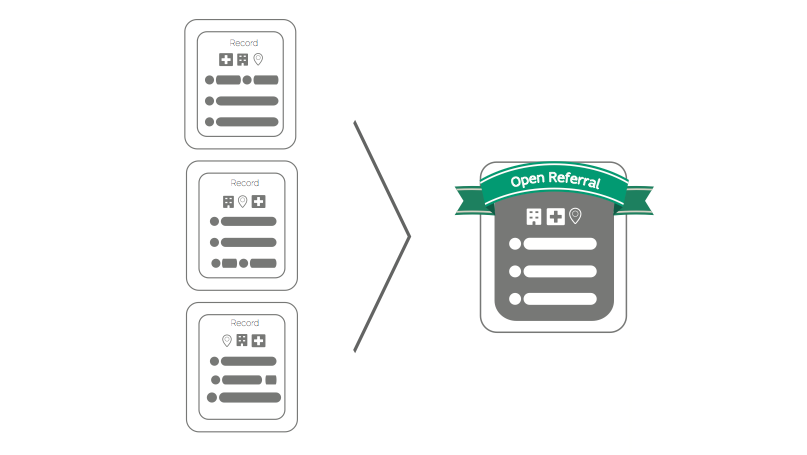
Upgrading the Human Service Data Specifications: 2022 development cycle underway
As Open Referral’s network grows – involving more stakeholders in the development of interoperable resource directory information supply chains – our tools and practices must evolve in kind to support more complex needs. So we are excited to share that Open Referral has initiated a new development cycle to upgrade the Human Service Data Specifications.…
-

Open Referral’s 2018 Year in Review
We are pleased to share our Year in Review report for 2018! This was the Open Referral Initiative’s fifth year – and in several ways, 2018 stands as a culmination of all the work we’ve done to date. Continue reading →
-
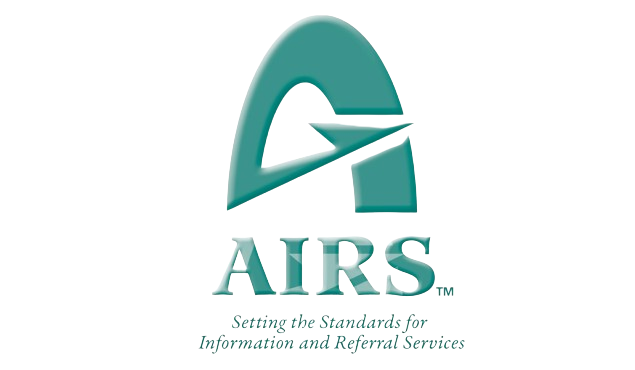
AIRS Recommends Open Referral’s HSDS for Resource Database Interoperability
On behalf of the Alliance of Information and Referral Systems (AIRS), I am pleased to announce that the AIRS Board has moved to promote the adoption Open Referral’s Human Service Data Specification and API protocols as methods of establishing interoperability among resource databases and associated technologies. Our aim is to create secure, controlled and affordable…
-
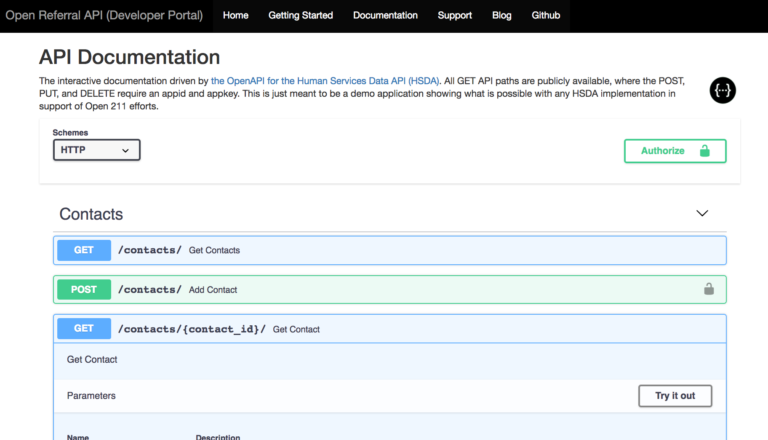
Version 1.1 of the Human Services Data API Specification
[This post is from Kin Lane, the API Evangelist, who is serving as Open Referral’s deputized Technical Lead for our OpenAPI specification project. Thanks Kin!] Version 1.1 of the Human Services Data API specification (HSDA 1.1) is now available for review and comment. This is an alpha implementation of our OpenAPI specification. It is built upon version…
-
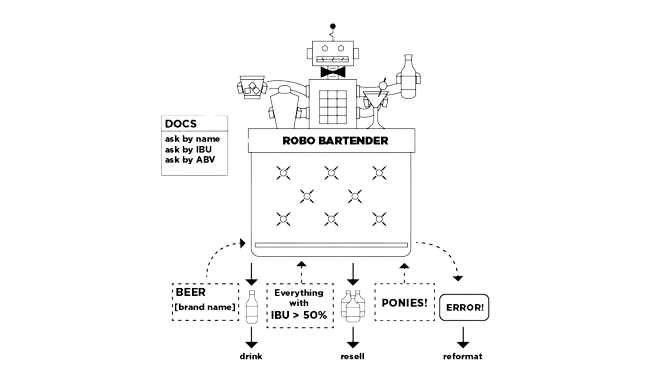
The Open Referral API project
The Open Referral Initiative’s next chapter starts now! Open Referral has helped over a dozen community organizations find new ways to share resource directory information about the health, human, and social services available to people in need. Our Human Services Data Specification provides a common ‘machine language’ that any technology can be programmed to understand.…
-
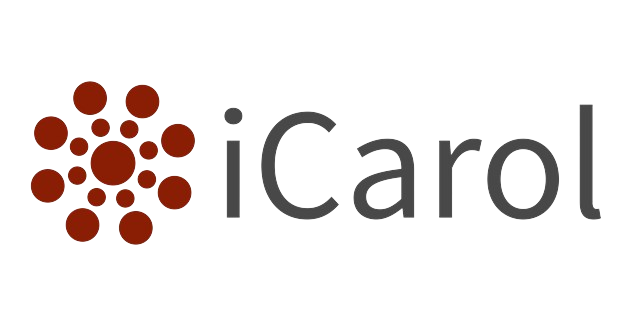
iCarol announces support for exporting data to Open Referral’s Human Services Data Specification 1.0
For many years, leaders in the Information & Referral (I&R) industry have sought to improve the reliability of exchanging the data they curate about social and human service providers in their community, with partners. In any given region or metropolitan region, it is important for these providers to know about other providers so they can…
-

The 2016 AIRS style guide: newly open sourced!
The Alliance of Information and Referral Systems (www.airs.org) is the trade association for ‘information and referral’ providers across North America — such as 2-1-1s, Area Agencies on Aging, and other organizations that help people connect to services that can meet their needs. The AIRS Style Guide puts forth a formal set of recommended practices for collecting,…